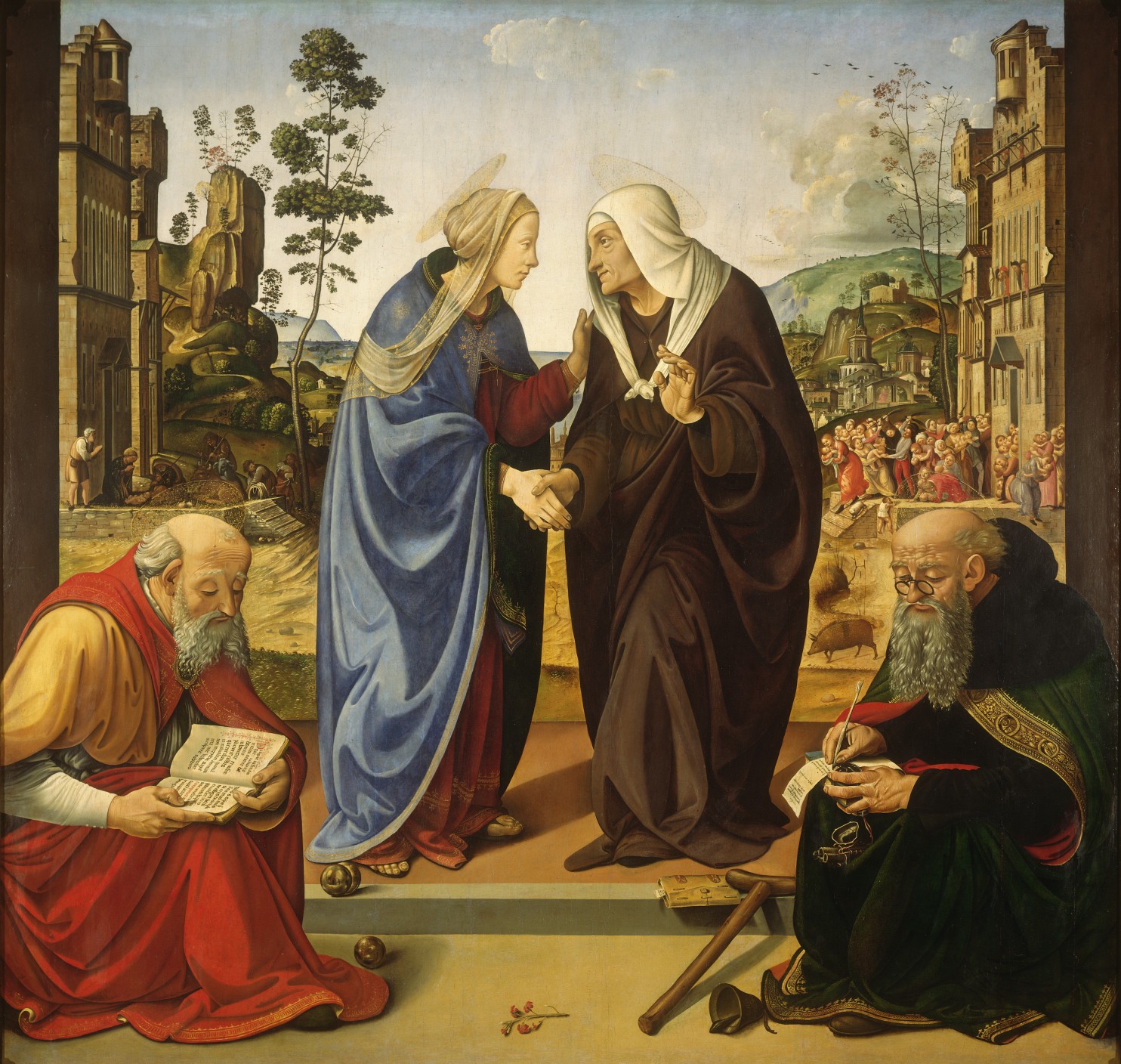
Piero di Cosimo (1462–1521), the Italian Renaissance master, is finally stepping out of the shadow of his more famous contemporaries, Sandro Botticelli, Leonardo da Vinci, and Michelangelo, with his first major retrospective, at the National Gallery of Art in Washington, DC, reports the Washington Post.
Opening February 1 of next year, “Piero di Cosimo: The Poetry and Painting of Renaissance Florence” will be on view through May 3, before traveling in an expanded form to the Uffizi in Florence. Di Cosimo painted mostly on panel, depicting scenes from religion and mythology.
It is only the second solo exhibition for Di Cosimo, the first having taken place way back in 1938, when New York’s Schaeffer Galleries exhibited a relatively paltry seven of his works. The National Gallery will include 40, sourced from Italian churches, which still house many of Di Cosimo’s works, and museums in both the US and Europe. The National Gallery collection includes three works by Di Cosimo.
“He’s an artist whose time has come,” Gretchen Hirschauer, the museum’s associate curator of Italian and Spanish paintings, told the New York Times. She has organized the show with Dennis V. Geronimus, an associate professor and the chairman of Renaissance art history at New York University.
The eccentric artist was known for his phobias (thunderstorms and fire—he minimized time spent at the stove by hard-boiling 50 eggs while simultaneously heating up glue for his art) and was described by Renaissance biographer Giorgio Vasari as living “more like a beast than a man.”
Recent scholarship, as well as improved shipping technology that better protects the fragile works, have made the exhibition possible. “This first-ever retrospective on Piero allows us finally to bring together examples from all the genres in which he painted and from all time periods to better understand the chronology of his life and the progression of his career,” Hirschauer told the Post.